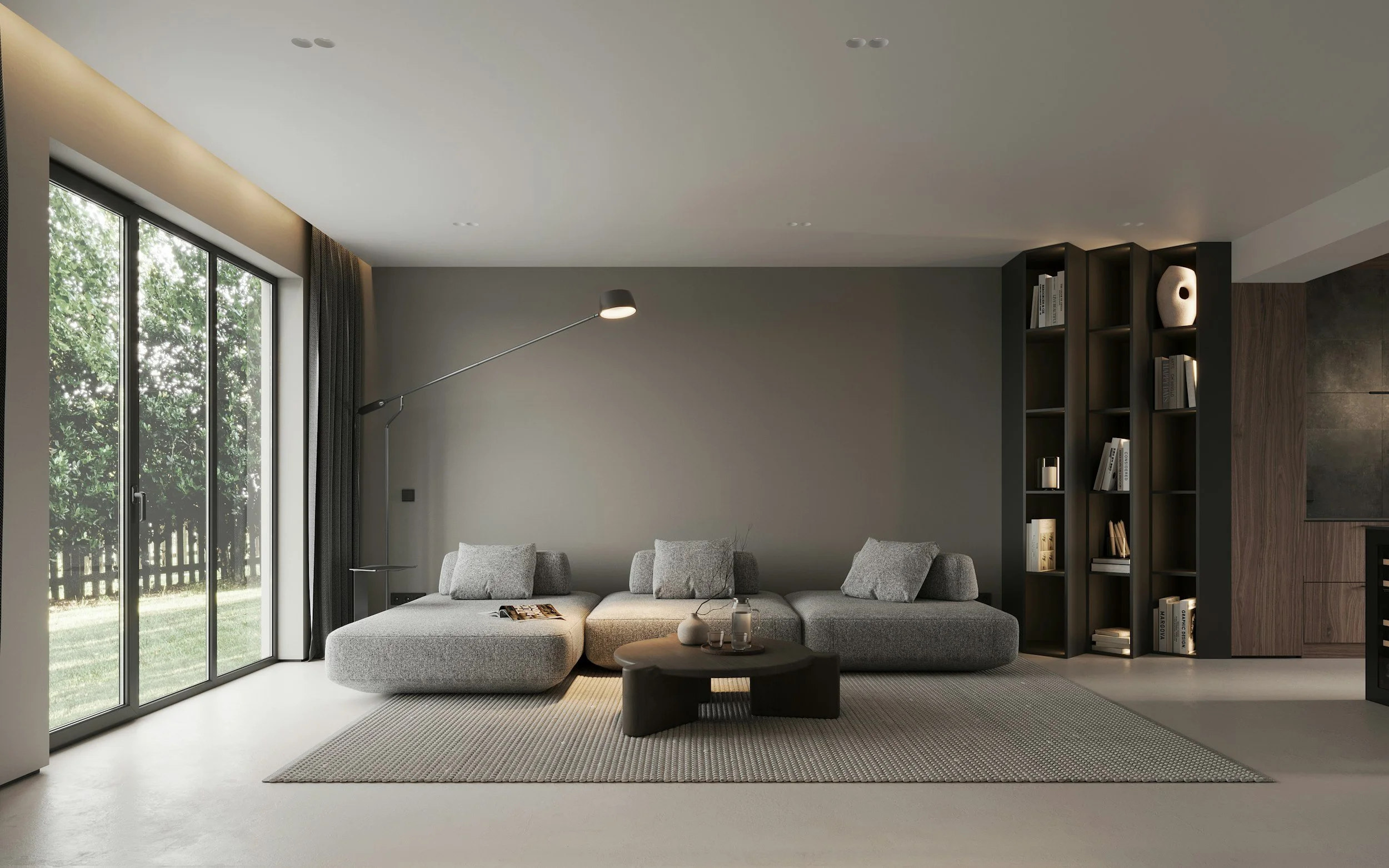Feng Shui 101: A Modern Guide to Energy, Flow, and Home Harmony
By Christina DiStefano | Intuitive Design Specialist & Creator of Emotional ROI
If you’ve ever walked into a space and instantly felt calm, energized, or even unsettled—you’ve experienced energy flow in action. That feeling isn’t accidental. It’s the result of spatial design, layout, and intention—and it’s exactly what Feng Shui is designed to shape.
Whether you're styling a new home, staging a listing, or simply craving more clarity and calm in your space, Feng Shui offers timeless principles to help your environment work with you, not against you.
What Is Feng Shui, Exactly?
Feng Shui (pronounced fung shway) is an ancient Chinese philosophy that means “wind and water.” It’s based on the idea that your environment reflects and influences your energy—and when your space is balanced, your life flows more easily too.
In the world of design, Feng Shui helps us create homes that feel grounded, intentional, and energetically aligned.
Key Principles of Feng Shui for the Home
Here are a few foundational concepts you can begin applying today:
1. Chi (Life Force Energy)
Chi is the invisible energy that flows through your space. Blocked or stagnant chi (caused by clutter, harsh angles, or poor layout) can affect your mood, productivity, and even relationships.
Pro tip: Open pathways, reduce visual clutter, and use natural materials to help chi flow freely.
2. The Bagua Map
The Bagua is an energy map used to divide your space into 9 life areas (wealth, career, relationships, health, etc.). Each area corresponds to specific colors, elements, and intentions.
Design Tip: Want to activate your career? Focus on the front-center section of your home and use water elements like dark tones, glass, or flowing artwork.
3. The Five Elements
Feng Shui incorporates wood, fire, earth, metal, and water to balance your space. Each element supports a specific energy—wood fosters growth, fire sparks passion, earth grounds, metal supports clarity, and water deepens flow.
Styling Tip: Layer textures and materials that subtly reflect all five for a harmonious home.
Why Feng Shui Matters in Real Estate
As a real estate advisor, I’ve seen how intuitive flow and feeling can impact a buyer’s emotional response. Homes that “feel good” sell faster. Whether it's the orientation of the front door or the arrangement of the living room, Feng Shui design creates instant resonance—what I call Emotional ROI.
This is especially valuable in:
Home staging: To help buyers feel instantly at ease
New developments: To guide model unit layouts
Client move-ins: To support a positive transition
How to Start Using Feng Shui in Your Own Space
You don’t need to be an expert to feel the difference. Start with these small shifts:
Declutter one key area (entryway or bedroom is ideal)
Add plants or wood tones to inspire fresh energy
Adjust furniture to allow smooth walking flow
Incorporate mirrors to reflect light and expand space
Use soft lighting to create calm in the evening
The Bottom Line
Feng Shui isn’t about superstition or strict rules—it’s about alignment.
Your home has the power to support your goals, restore your energy, and elevate your everyday life. Whether I’m helping you stage, buy, or design a home, I use intuitive flow and energy awareness as guiding principles—because when your space feels aligned, you do too.
Ready to Transform Your Space?
Let’s talk about how design, energy, and intention can shift everything.


